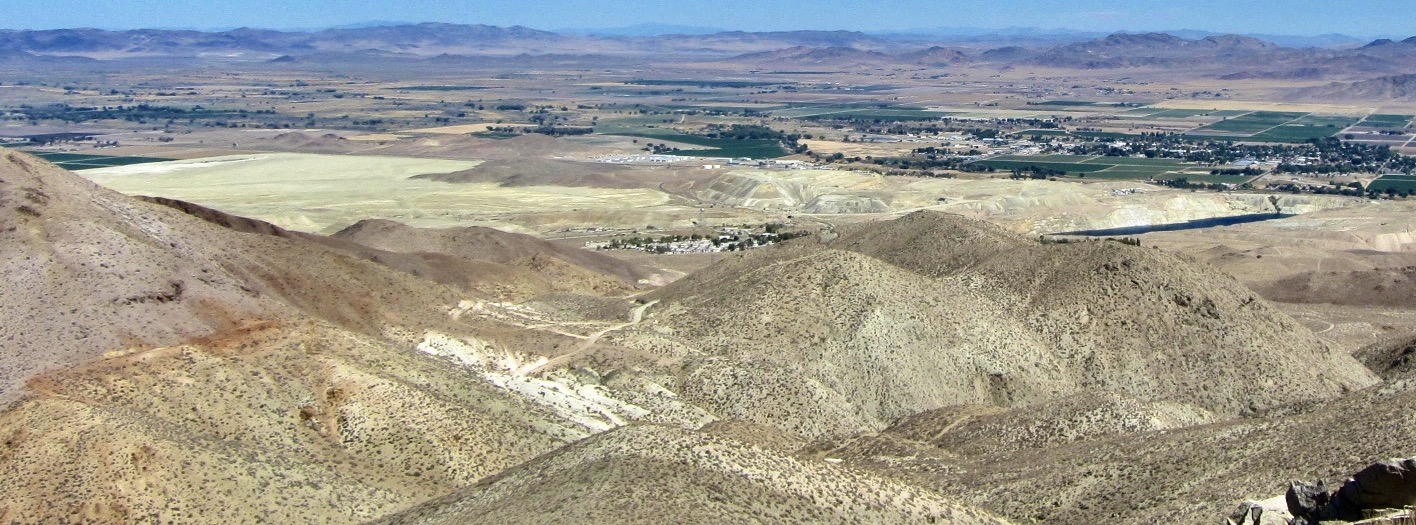
The 4-D architecture of a porphyry Cu mineralising magmatic-hydrothermal system
Course Details
The archetypal Yerington District, western Nevada, hosts porphyry Cu(-Mo-Au) deposits, several Cu skarns and numerous Fe oxide-Cu(-Au) lodes within a middle Jurassic batholith and its overlying volcanic terrane. Late Cenozoic basin and range extensional faulting and associated fault block rotation has exposed a unique <1 to ~8 km palaeodepth cross-section through the district. This allows the 4-D architecture of the porphyry mineralising magmatic-hydrothermal system to be studied in detail.
Traversing the Yerington Batholith, this field course details the system’s magmatic-hydrothermal evolution. This includes exploring: the magmatic-hydrothermal transition; porphyry Cu(-Mo-Au) mineralisation and associated hydrothermal alteration; related skarns; deep Na-Ca alteration; the advanced argillic environment in the overlying volcanic terrane and associated Fe oxide-Cu(-Au) mineralisation. Drill core reviews will supplement observations from the field, and daily seminars will reinforce learning.
From their own first-order field observations in the world’s best-exposed section through a porphyry system, participants will have the opportunity to:
- Gain an understanding of the 4-D architecture of a magmatic-hydrothermal porphyry system, including the relationships with skarns and the volcanic environment.
- Become familiar with porphyry-style mineralisation, specifically the characteristic vein types and typical zonation within porphyry copper deposits.
- Recognize and identify the typical hydrothermal alteration assemblages of porphyry systems, and their 4-D zonation.
- Broaden applied field and exploration techniques through specific field mapping and core logging exercises, including gaining a basic understanding of the ‘Anaconda method’.
- Develop expertise in the characterisation of porphyry systems, their genesis, and awareness of exploration toolkits.
Who Should Attend
• Geologists • Mining Engineers • Managers• Geochemists • Geotechs
This course is designed for industry professionals who primarily focus on, or would like to develop their understanding of, magmatic-hydrothermal systems. Graduate students and academics are also welcome to join at a discounted rate.
Need more information?
Course Outline
Day 1
- You will be arriving the day before the course starts in Yerington, Nevada, USA. The next morning we will begin with a safety briefing and an overview of the classic Yerington District before driving to the field area.
- We will then start our transect up through the porphyry system, starting with the ‘root-zones’ and moving up into the exposed cupolas of the Luhr Hill granite.
- Discussions will focus on the sources of mineralising fluids.
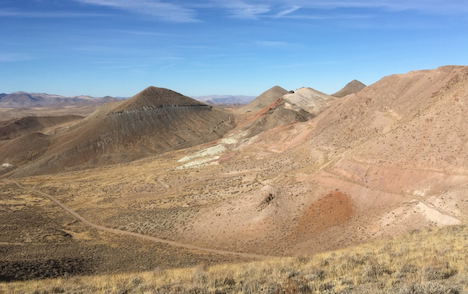
Day 2
- We will continue our transect up and across the magmatic-hydrothermal system.
- We will investigate the magmatic-hydrothermal transition, multiple porphyry deposits, and zonation of hydrothermal mineralisation and alteration.
- Mapping exercises will briefly introduce a modified ‘Anaconda method’
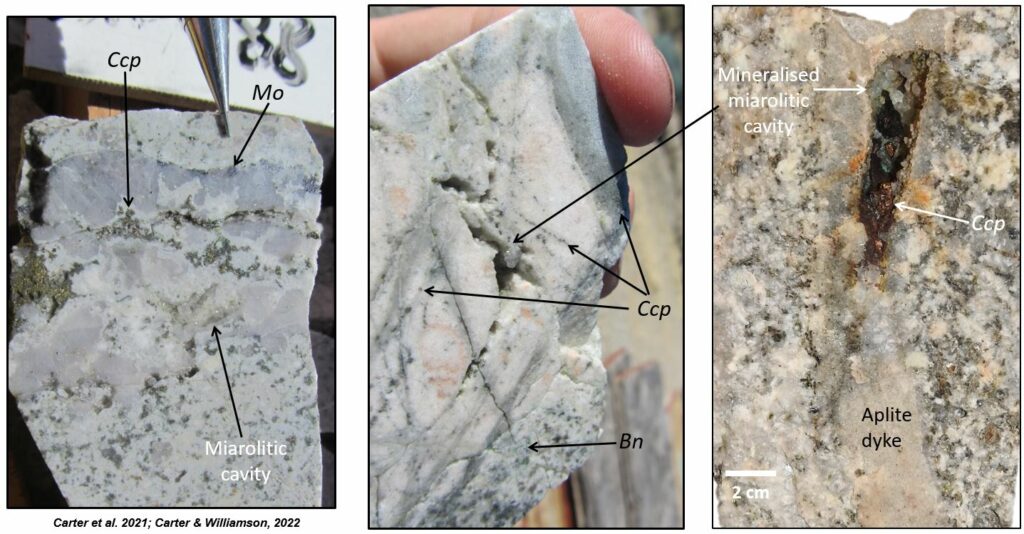
Day 3
- We will move up into the system’s overlying volcanic environment to examine alteration in the upper 1 km of the system.
- En route, we will utilise the several opportunities to assess different styles of mineralisation and prospects within the District.

Day 4
- We will spend most of the day viewing drill core from recent drilling campaigns. From the drill core, we will assess the range of vein types typically associated with porphyry-style mineralisation, as well as characteristic hydrothermal alteration assemblages.
- Core logging exercises will briefly introduce a modified ‘Anaconda method’.
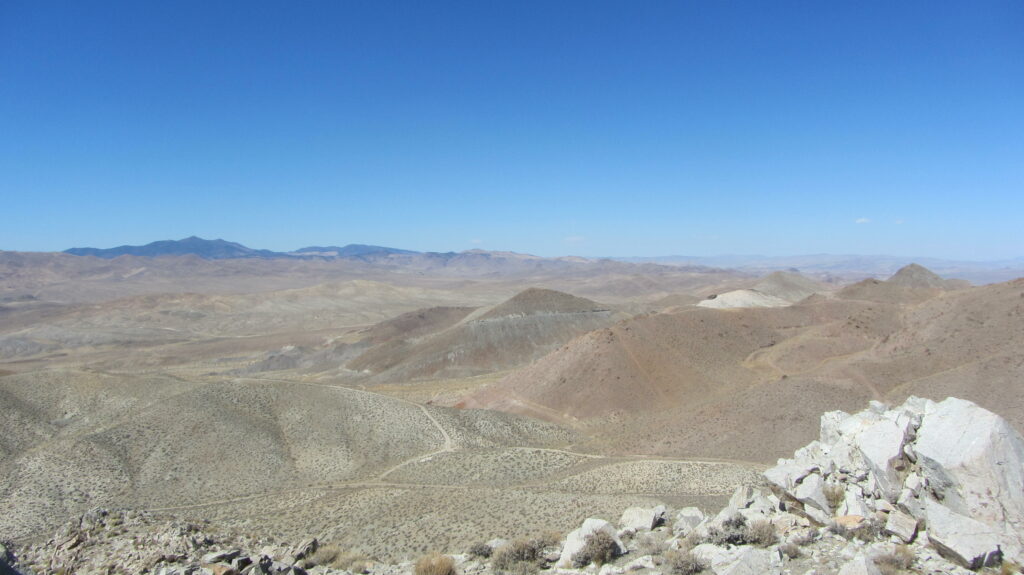
Day 5
- We will move laterally in the system to investigate the relationship with skarn-style mineralisation.
- Our discussions will move onto exploration targeting, as well as both the benefits and issues associated with exploring a mature district such as Yerington.
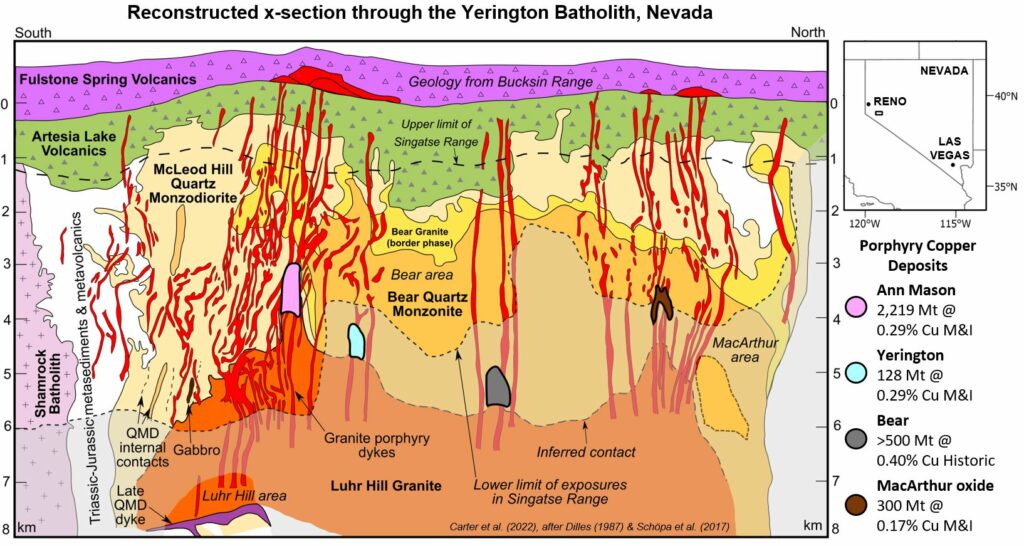
The arrival airport for this field trip is in Reno, Nevada. The field trip will be offered in November 2024 and costs $4500/person*. This cost is all-inclusive and includes 5 nights hotel stay, all meals, snacks and drinks, field vehicles, fuel, permits, guidebook, exercise materials, and tuition.
*A 5% service fee is added to credit card payments. This fee can be avoided by sending a wire transfer or check.


